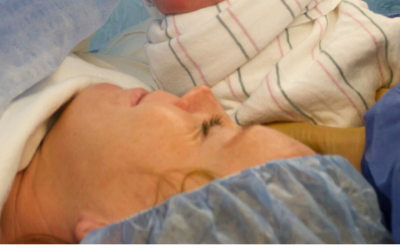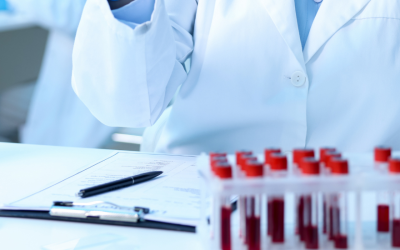
Can vitamin D during pregnancy lower the risk of preeclampsia and preterm labor?
Preeclampsia is a serious condition that can happen during pregnancy and affects 2-8% of pregnancies around the world. It can cause health problems for both the mother and the baby. Some studies suggest that not having enough vitamin D might increase the risk of preeclampsia, but it is still unclear whether taking vitamin D during pregnancy can help prevent it.
This study looked at how taking vitamin D supplements might affect the chance of getting preeclampsia and other pregnancy outcomes for both mothers and babies.
The researchers looked at many studies about Vitamin D and preeclampsia risk published in different scientific journals until August 2024. They focused on trials where pregnant women took vitamin D supplements in different amounts and compared it to a placebo (a fake pill) or regular care. The main things they looked at were how often preeclampsia and preterm labor happened (meaning delivery before 37 weeks of gestation). They also looked at blood levels of vitamin D, the baby's birth weight, and the baby's Apgar score (a quick test to check the baby’s health right after birth).
The study included 33 trials with 10,613 pregnant women. The results showed that taking vitamin D supplements reduced the risk of preeclampsia by almost 45% and reduced the risk of early labor by 30%. These findings highlight the potential benefits of incorporating vitamin D supplementation into prenatal care to improve maternal health. There was not a large difference in birth weight or the baby's health score at 5 minutes after birth.
Take home message: Taking vitamin D during pregnancy, especially in patients who may be low in vitamin D, appears to lower the chances of getting preeclampsia and experiencing early labor. More research is needed to understand how vitamin D impacts the health of newborns. Talk to your healthcare provider to learn more about your vitamin D level during pregnancy and whether supplementation may be recommended for you based on your risk factors.
Efficacy of vitamin D supplementation on the incidence of preeclampsia: a systematic review and meta-analysis
Citation: Moghib K, Ghanm TI, Abunamoos A, Rajabi M, Moawad SM, Mohsen A, Kasem S, Elsayed K, Sayed M, Dawoud AI, Salomon I, Elmaghreby A, Ismail M, Amer A. Efficacy of vitamin D supplementation on the incidence of preeclampsia: a systematic review and meta-analysis. BMC Pregnancy Childbirth. 2024 Dec 23;24(1):852. doi: 10.1186/s12884-024-07081-y. PMID: 39716171; PMCID: PMC11668112.
Link: https://pmc.ncbi.nlm.nih.gov/articles/PMC11668112/
ABOUT RESEARCH ROUNDUP
Each quarter, our team of science writers reviews the most current research studies related to hypertensive disorders of pregnancy and summarizes those studies of greatest interest and potential impact to our community, including research studies related to risk assessment, diagnosis, prevention, and treatment. Special thanks to our volunteer research team, including Dr. Sig-Linda Jacobson, Dr. Jennifer Mitchell, Dr. Julie Reynolds, and Amanda Yang who make Research Roundup possible, and to our Patient Advisory Council, who reviews these materials from the patient perspective.
Related Articles

Your story is needed to improve outcomes for moms like you. Add your voice to critical preeclampsia research to ensure that every story is heard.

Frequently asked questions about the Preeclampsia Registry, a patient-driven registry and biobank.

The Preeclampsia Foundation offers research funding, study recruitment, and other patient engagement services to researchers.

We provide research grant funding to advance progress towards detection, prevention, or treatment of preeclampsia, HELLP syndrome, and other hypertensive disorders of pregnancy.

Recent findings in preeclampsia research have shown that preeclampsia likely has at least two variants – an early onset and a late onset variant. Early onset is typically defined as before 34 we...

Preeclampsia is a pregnancy complication marked by new-onset high blood pressure and signs of stress on organs such as the kidneys, liver, and brain. While much attention is often given to preterm dis...

Preeclampsia is a serious problem that can happen during pregnancy. It often affects the brain and can cause headaches, vision problems, strong reflexes, and seizures (called eclampsia). In this study...

Pregnancy offers a unique window into a woman’s future heart and cardiovascular health. Conditions such as hypertensive disorders of pregnancy (HDP) which include gestational hypertension, preec...

Heart disease, also called cardiovascular disease (CVD), is becoming more common in young women across the United States. Hypertensive disorders of pregnancy (HDP) is a group of conditions that includ...



